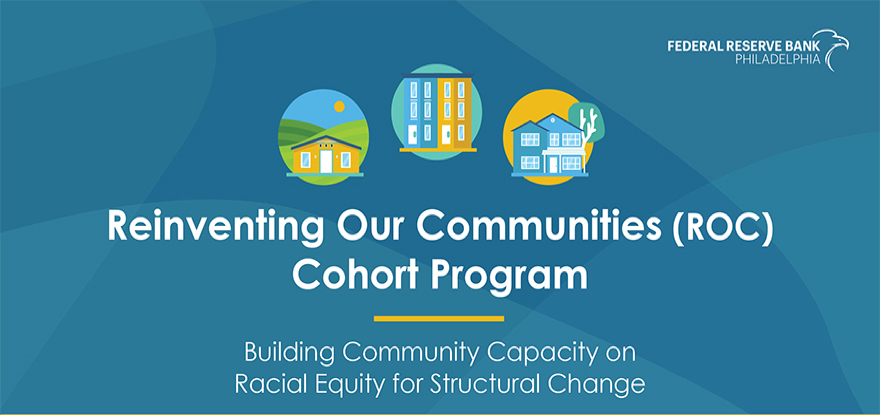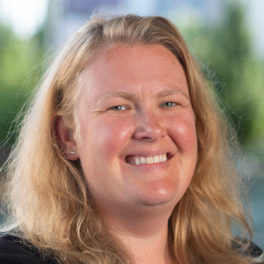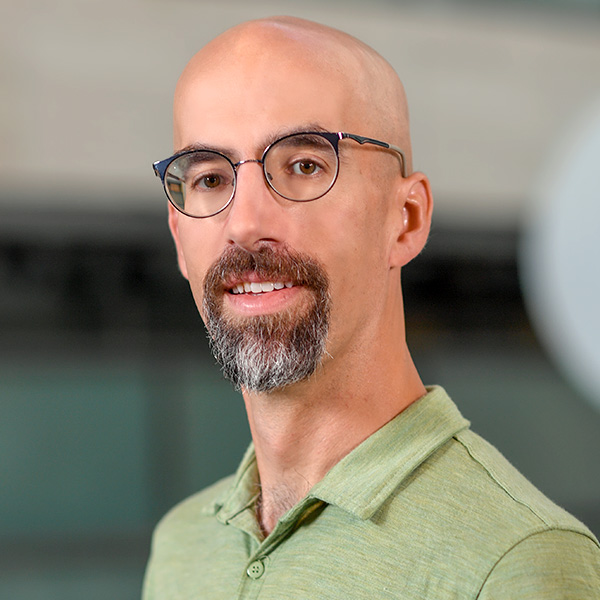As the COVID-19 pandemic reshaped the social and economic landscape, the Philadelphia Fed’s Community Development and Regional Outreach (CDRO) team persevered through the uncertainty, adapting sessions to fit the needs of working remotely and revisioning planned events in light of the pandemic’s effects — efforts that didn’t go unnoticed by those who partnered with the department through the course of the year.
“It would’ve been easy to wait and do it after things started to look up,” said Shalimar Thomas, executive director of the North Broad Renaissance in Philadelphia, who participated in the Reinventing Our Communities (ROC) Cohort program with her organization. “I’m glad they found a way to continue to move it forward, because the program was super-timely.”

It wasn’t simply the Philly Fed’s role as a convener but also the tangible benefits stemming from the Fed’s partnership, she said, contrasting the ROC Cohort program with the sometimes more difficult to quantify results of a typical conference.
“It was completely different — this was a project that we were working on, and we were able to implement ideas and actions right there,” Shalimar said.

Alison Shott’s team serves as a
resource for community organizations
in the District.
That partnership has continued even as the formal sessions have wrapped — as they work through the racial equity plans formed out of the program, Shalimar and her colleagues, like the members of other cohorts, periodically check in with members of the Community Development and Regional Outreach team, including Alison Shott, community engagement associate.
“They continue to be a resource,” Shalimar said. “I can email Alison and ask her a question and she’ll point me in the right direction or get me the information I need. It wasn’t a one-and-done thing.”
Paul Janssen, director of the Center for Excellence in Local Government at Albright College, similarly credited the Philly Fed’s nimbleness in helping reshape a planned series in Reading and Berks County to better direct it toward concerns of the time, encompassing topics from evictions, small business supports, and long-term recovery.
As we went through the different sessions, we were able to modify the presentations based on the questions people had and the issues that they had,” Paul said. “That can’t happen in a one-day presentation.”
And relatedly, Paul said, the audience for the Reading/Berks series benefited from the Fed’s power as a convener, with the series drawing diverse groups together to consider the ramifications of the pandemic in the short and long terms.
“Things were getting very scary with COVID, and I think people appreciated being able to get together on Zoom to talk through the experiences they were having but also to have the documentation and specifics presented as part of the series,” Paul said.
Feedback from participants at similar events, like the Research for Equity in Recovery series, echoed that sentiment, crediting the diversity of expert panels, the comprehensive analysis, and the actionable information that came out of those sessions.
“Looking at the current situation from different aspects only serves to help make better decisions when dealing with complex challenges,” one participant wrote.

